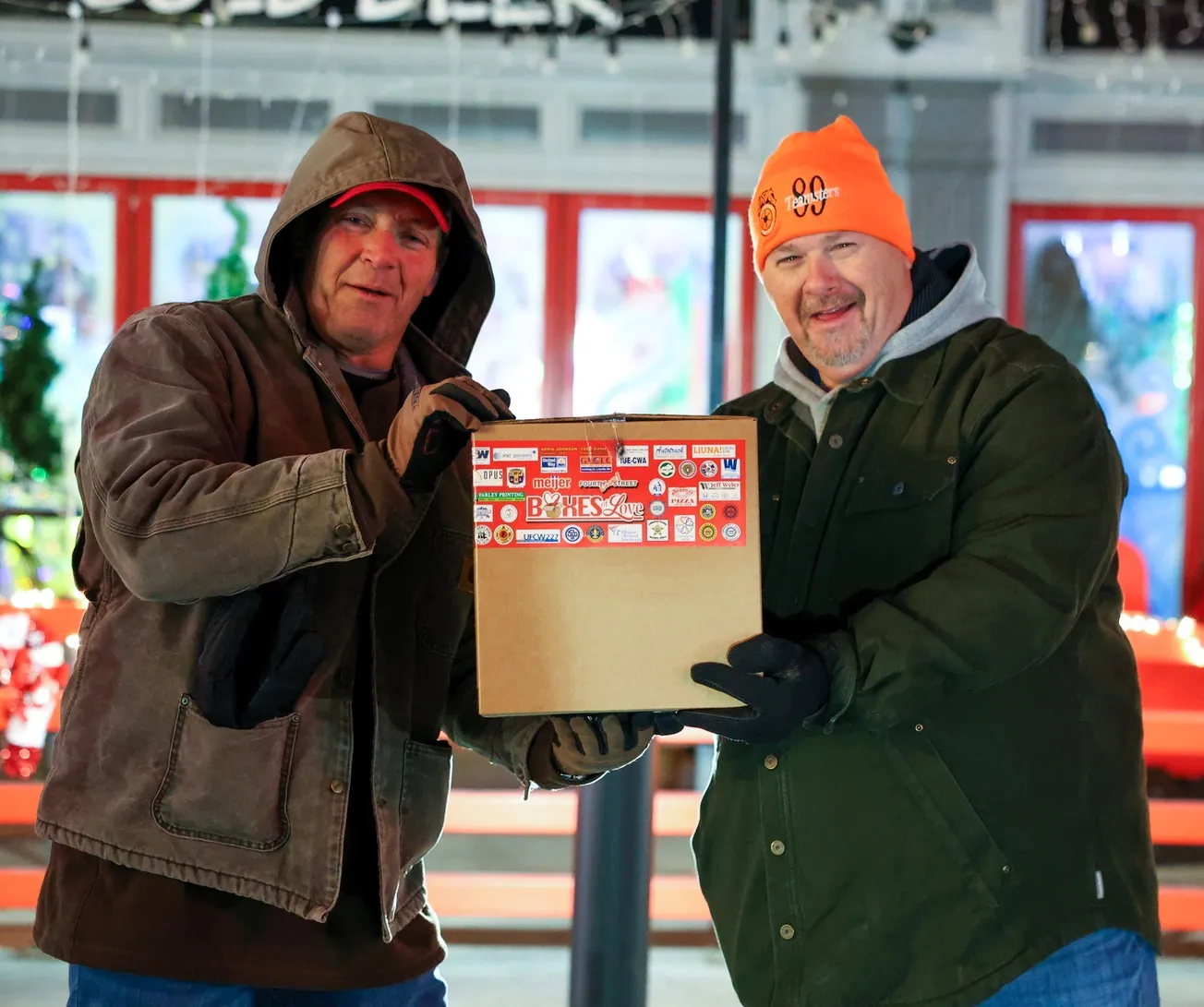The first thing you notice about Saeeda is her quiet strength. Once you learn her story, you realize where it comes from.
She was raised in an extremely oppressive society in Pakistan, and her mother, a product of that oppressiveness, wanted her to be an agreeable and docile female, but Saeeda had her own ideas about feminism and freedom. She was a rebellious girl who questioned everything, and she spoke out against the discrimination she saw against women. “I figured out early that my brother was given more privileges; he had more money and freedom to do the things he wanted to do, while I was restricted and chaperoned everywhere I went. I thought that was very unfair. So I caused my parents a lot of grief through those years,” she says.
She was allowed to go to college, an all-female school where she earned her undergraduate degree, but was told she could not go on to graduate school and that she must get married. She reluctantly agreed to an arranged marriage, but she continued to fight against the limits placed upon her. “I won the support of my father to go to a co-ed college for my graduate degree despite objections from both my mother and brother. My father was my hero; without him, I don’t know where I’d be,” she says. Her fiancé wasn’t too pleased that Saeeda was attending a co-ed college and stalked and harassed her there. She called off the engagement after two years as a result. “I was 28 years old by then, and my mother was getting worried that I would never find anyone because of my so-called feminist ideas.”
After she finished graduate school, she was introduced to Siddique Malik, a software engineer, who had worked with her brother-in-law. He was like no one Saeeda had ever met. He had left Pakistan when he was 16 to attend college in Canada. He was a feminist and believed in the Western ideals of freedom and democracy. “Basically, he lived and breathed politics from a very early age,” she says. They were married quickly because her father had been diagnosed with pancreatic cancer and she wanted him to be at their wedding. After the wedding and her father’s death, they returned to Canada for a short time where she gave birth to their first child, a daughter.
Siddique’s job brought them to Louisville in 1994 after spending time in Canada, Nebraska, and Iowa. When they arrived in Louisville, the Pakistani community included just twenty families. She had her second child, a son, in 1996 in Louisville. She also continued her education and earned two degrees from the University of Louisville while raising her children.
Because of Siddique’s outspoken politics and his belief that Muslims should do more in speaking out against terrorism, Saeeda once again found herself somewhat isolated within the Pakistani community, but this time in the United States. “Other Pakistanis at the time didn’t see extremism as a problem, and each time Siddique would write a column for The Courier-Journal, we would be more and more ostracized by people,” she says. It put a strain on the marriage, because while Siddique was very westernized from all his years living abroad, the experience was new for Saeeda. “I pleaded with him to be less vocal about his views. But he just couldn’t do that; that’s not who he is. So I decided to take a more diplomatic role in our community to try to keep a balance because of our children. It’s hard on a family, especially the women in a family, to be left out of the community. But I can also say that not everyone in our community is the same and we have made some very good friends, very kind people who support us and who love us and we love them,” she says.
One area that she would not budge on was their children’s religious education. “I decided early on not to send our children to mosque because I had been brought up in a society with extreme religious views and I didn’t want our children exposed to the kind of extremism I experienced. I feel strongly that religion is a personal matter and should not be dictated by others,” she says. That decision would further isolate the family, and people started calling them atheists. “People confronted me about this and even questioned my motherhood. But I strongly felt that because I was raised in such a conservative religious family that I didn’t want to adopt another conservative religious family in mosque where my children would have to conform, especially my daughter.”
The ensuing years were a struggle, as things worsened after 9/11 and Muslims were scapegoated in the media. Siddique ramped up his argument by calling out members of the Muslim community who were still not speaking out against terrorism. “He just felt that they put all the responsibility on the U.S. for everything that was happening, and that created a permanent divide with him and many in our community,” she says. But Saeeda felt stuck between two worlds where neither one accepted them. “Here we are in the United States and we always made an effort to be part of the larger society, not just our small Pakistani one. It is very difficult to be shunned by those on both sides of the argument, so to speak.”
When the 2016 presidential election began in earnest and Donald Trump began his campaign against Muslims, Saeeda once again felt isolated, but also afraid for her children. “My children are wonderful, and we have such an open, honest relationship with them. That’s one of the things I’m most proud of, really my biggest accomplishment in life. We talked about all of it and decided we have to continue to keep speaking out for justice,” she says.
 Today, Saeeda has found a more modest role in her mosque, attending regularly. She attends alone for the most part because her husband is still speaking out. “Siddique feels marginalized and many people feel uncomfortable around him because of his forthright attitude about politics. He doesn’t hold back.”
Today, Saeeda has found a more modest role in her mosque, attending regularly. She attends alone for the most part because her husband is still speaking out. “Siddique feels marginalized and many people feel uncomfortable around him because of his forthright attitude about politics. He doesn’t hold back.”
She has also realized that Siddique was right all along. “I stand with him 100 percent. As a Muslim woman in this country I have found my voice; it’s just a little quieter than Siddiques’s. I have so many rights, and the freedom that comes with those rights allows me to speak out and do things here that would put me in grave danger in Pakistan. So do my daughter and my son, for that matter,” she says.
She recently joined a women’s political group and is now more active in progressive causes. “I’ve been part of the group for two years, and I feel as if I have really found my voice and my family now. I’m more outspoken and involved than ever, and I no longer feel so isolated and alone in my views.”
She also has realized that this will be an ongoing journey for the rest of her life. “I honestly didn’t know what this life could look like, but I knew it was out there for me somewhere. We love this country. It is our country and we will fight for it.”
–30–
(Thoughts? Comments? The comment section is at the bottom of the page. Add yours!)
Comments






